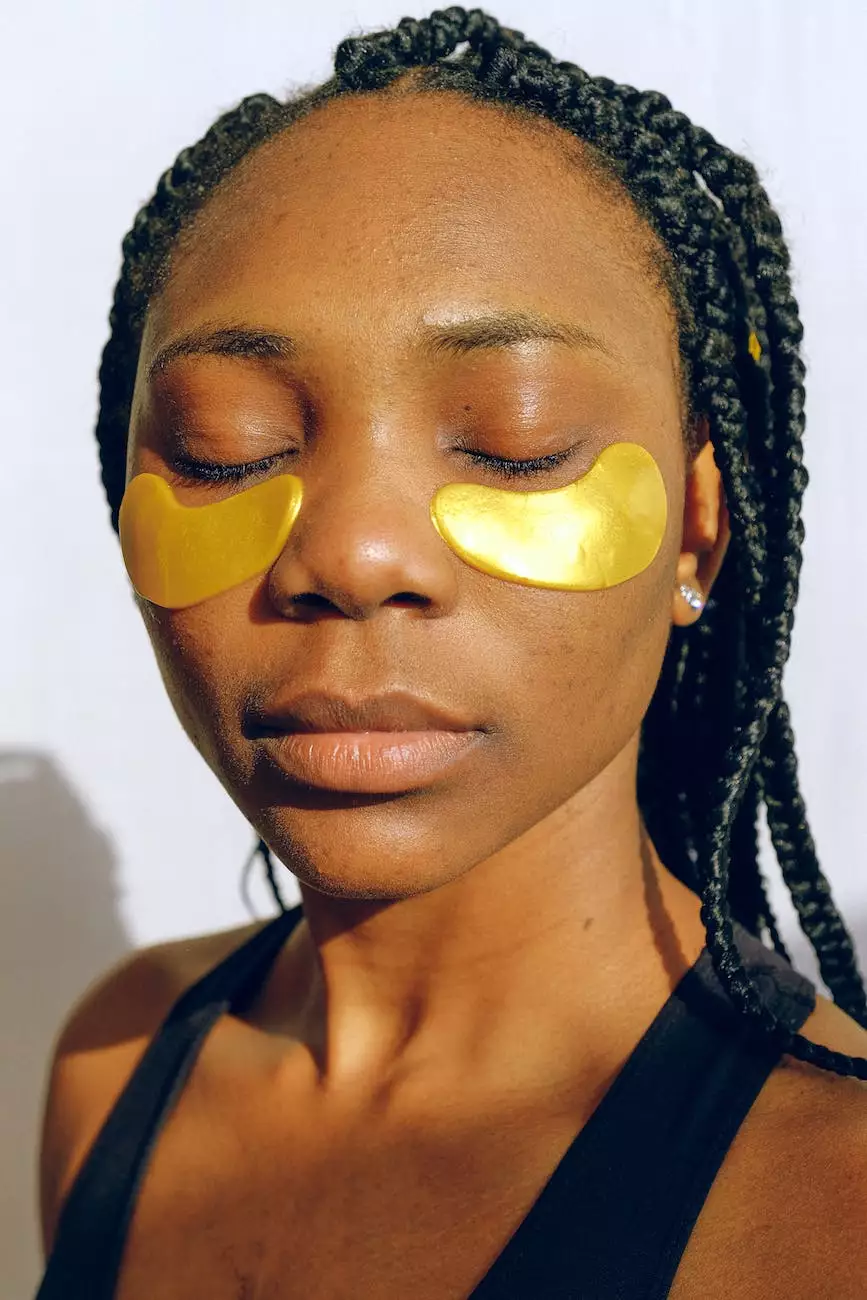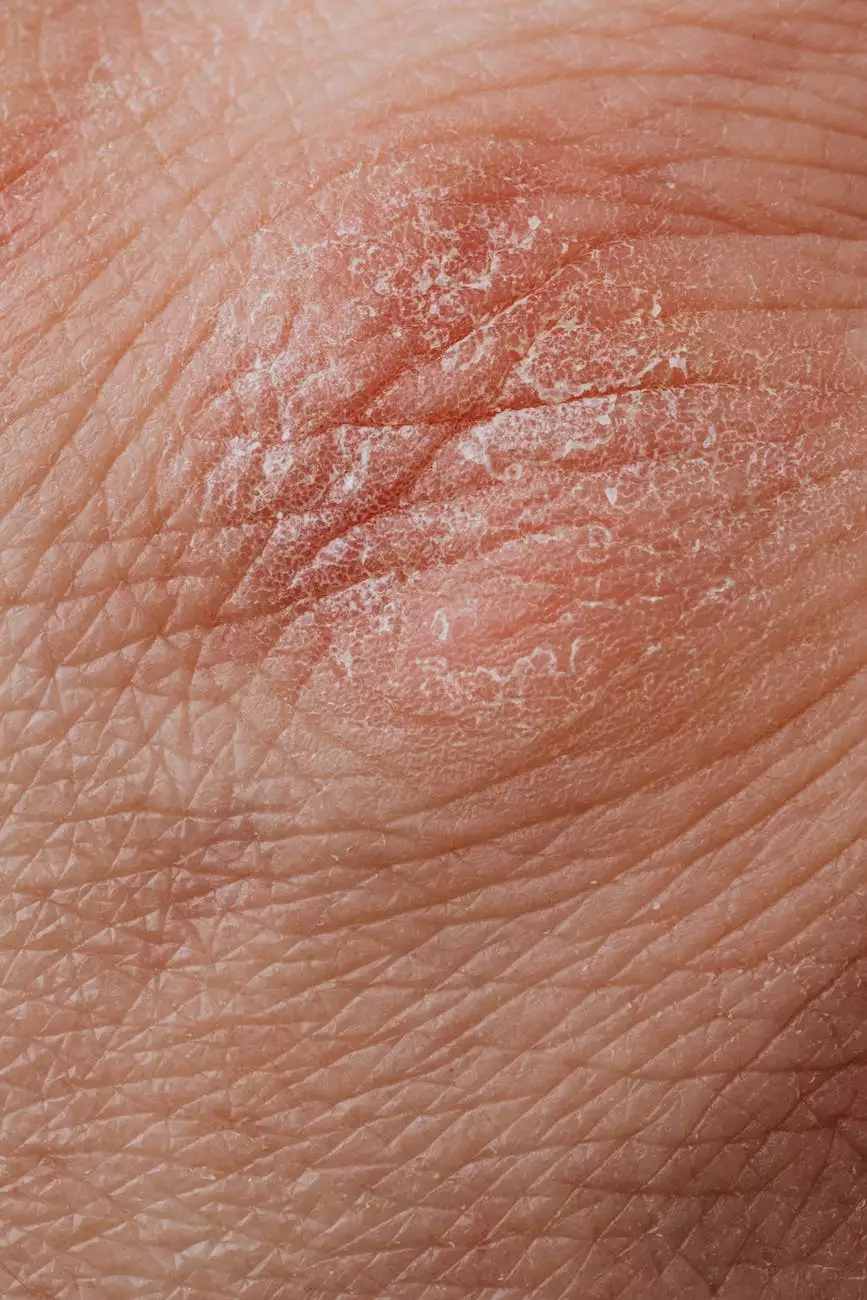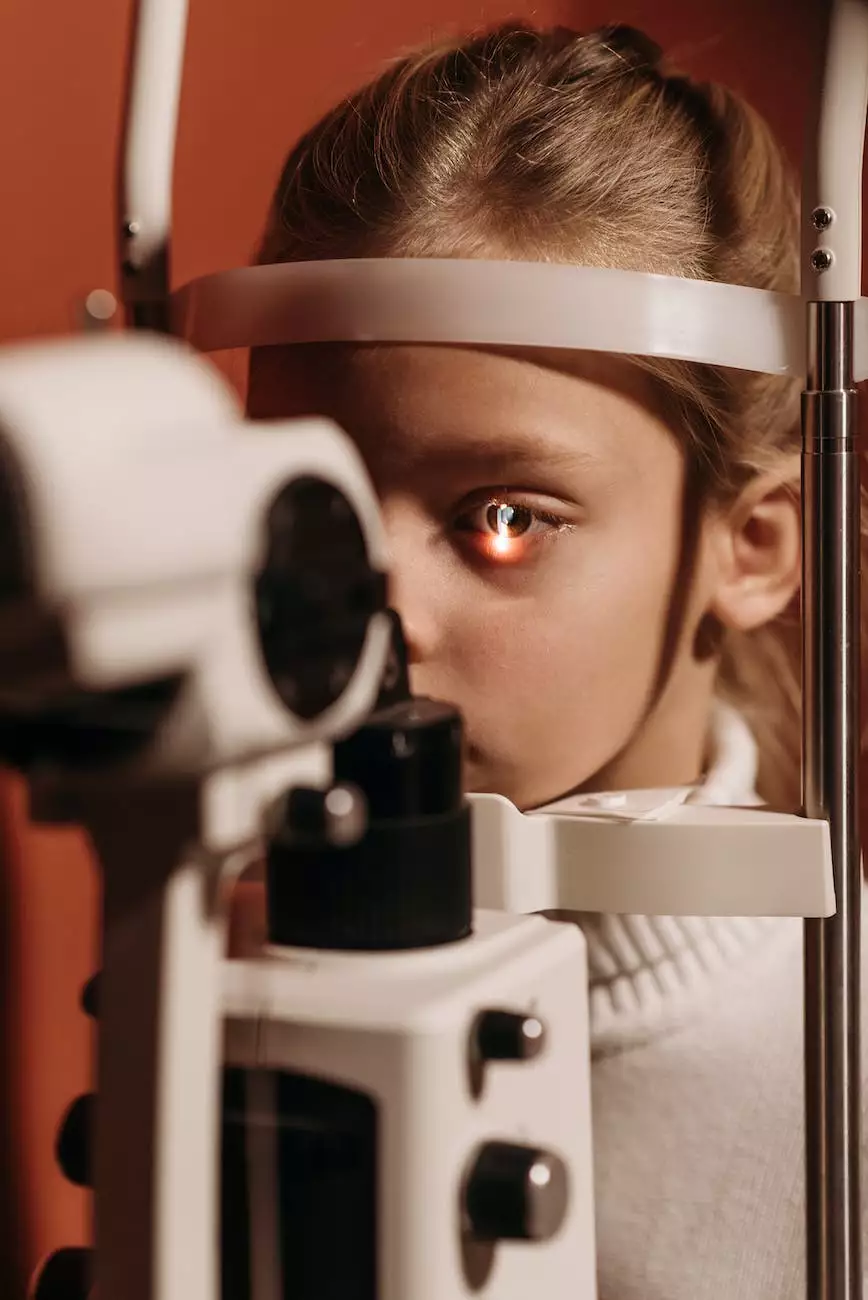Iridocorneal Endothelial Syndrome - Chicago
Blog
Welcome to the informative webpage dedicated to providing comprehensive information on Iridocorneal Endothelial Syndrome (ICE) in Chicago. Here, you will find detailed insights into the causes, symptoms, diagnosis, treatment options, and more. Baron Rick W Dr, a trusted healthcare professional specializing in ocular diseases, brings you this insightful content to educate and support individuals affected by this condition.
What is Iridocorneal Endothelial Syndrome?
Iridocorneal Endothelial Syndrome (ICE) is a rare, progressive eye disorder that affects the corneal endothelium and iridocorneal angle. Characterized by abnormalities in the cells lining the back of the cornea, this syndrome can lead to vision impairment and discomfort. It typically affects young to middle-aged adults, particularly females, and may occur in one or both eyes.
Causes of Iridocorneal Endothelial Syndrome
The exact cause of Iridocorneal Endothelial Syndrome remains unknown. However, researchers believe that certain genetic factors may play a role in its development. Studies have also suggested possible associations with eye inflammation, eye trauma, and other ocular conditions. Further research is required to establish definitive causative factors.
Symptoms of Iridocorneal Endothelial Syndrome
The symptoms experienced by individuals with Iridocorneal Endothelial Syndrome can vary. Some common symptoms may include:
- Decreased vision
- Blurred or distorted vision
- Halos around lights
- Eye pain or discomfort
- Increase in glare sensitivity
It is essential to note that symptoms may manifest differently in each individual and can progress over time. If you experience any persistent visual changes or eye-related symptoms, it is crucial to seek expert medical advice for proper evaluation and diagnosis.
Diagnosis
Diagnosing Iridocorneal Endothelial Syndrome typically involves a comprehensive eye examination conducted by an experienced eye specialist. The evaluation may include:
- Visual acuity tests
- Slit-lamp examination
- Gonioscopy to assess the iridocorneal angle
- Corneal pachymetry to measure corneal thickness
- Specular microscopy to observe the corneal endothelial cells
Based on the findings, the eye specialist can make an accurate diagnosis and formulate an appropriate treatment plan tailored to each individual's needs.
Treatment Options for Iridocorneal Endothelial Syndrome
While there is currently no cure for Iridocorneal Endothelial Syndrome, several treatment options are available to manage its symptoms and preserve vision. The chosen treatment approach depends on the severity of the condition and its impact on visual function. Common treatment modalities include:
- Medicated eye drops to reduce intraocular pressure
- Artificial tears to relieve dryness and discomfort
- Procedures to restore corneal clarity, such as Descemet's stripping endothelial keratoplasty (DSEK)
- Glaucoma management, if increased intraocular pressure occurs
It is crucial for individuals with Iridocorneal Endothelial Syndrome to have regular follow-up appointments with their eye specialist to monitor any changes in symptoms and adjust the treatment plan accordingly.
Living with Iridocorneal Endothelial Syndrome
Living with Iridocorneal Endothelial Syndrome can be challenging, but with proper care and management, individuals can lead fulfilling lives. Here are some helpful tips:
- Adhere to the prescribed treatment plan and attend regular check-ups
- Protect your eyes from trauma by wearing appropriate eyewear
- Manage stress levels, as stress can potentially worsen symptoms
- Maintain a healthy lifestyle, including a balanced diet and regular exercise
- Join support groups or seek counseling for emotional support
By following these recommendations, individuals affected by Iridocorneal Endothelial Syndrome can optimize their eye health and overall well-being.
Conclusion
If you suspect you may have Iridocorneal Endothelial Syndrome or require more information about the condition, do not hesitate to consult Baron Rick W Dr in Chicago. With their expertise and dedication, they will guide you through this journey, providing the best possible care.
We hope this comprehensive guide on Iridocorneal Endothelial Syndrome has been informative and beneficial. Remember, early detection, timely treatment, and proactive management play key roles in managing this condition effectively. Take charge of your eye health today!









